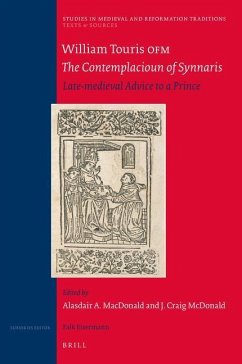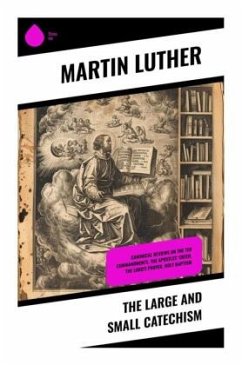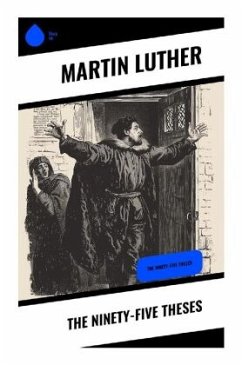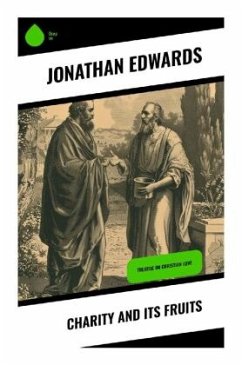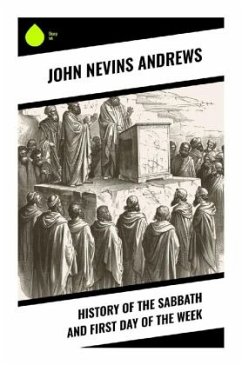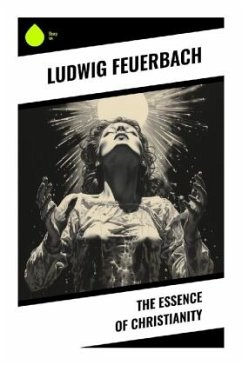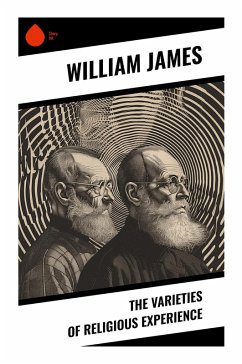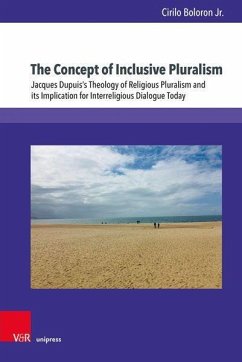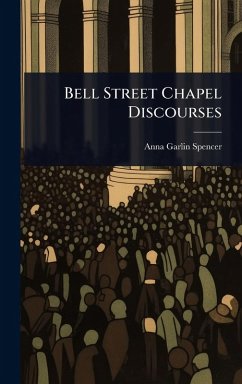
The Divine Comedy
Annotated Edition
Übersetzung: Cary, Henry Francis
Versandkostenfrei!
Versandfertig in 6-10 Tagen
22,50 €
inkl. MwSt.

PAYBACK Punkte
0 °P sammeln!
Dante Alighieri's 'The Divine Comedy' is a monumental allegorical epic that intricately weaves together themes of sin, redemption, and the human experience through its vivid depiction of the afterlife. Comprising three cantiches-Inferno, Purgatorio, and Paradiso-Dante employs a rich tapestry of terza rima, symbolic imagery, and meticulously crafted dialogue to explore philosophical, theological, and moral questions pertinent to the human condition. Set against the backdrop of the medieval world, Dante's journey through and beyond hell reflects his deep engagement with Scholastic thought, offer...
Dante Alighieri's 'The Divine Comedy' is a monumental allegorical epic that intricately weaves together themes of sin, redemption, and the human experience through its vivid depiction of the afterlife. Comprising three cantiches-Inferno, Purgatorio, and Paradiso-Dante employs a rich tapestry of terza rima, symbolic imagery, and meticulously crafted dialogue to explore philosophical, theological, and moral questions pertinent to the human condition. Set against the backdrop of the medieval world, Dante's journey through and beyond hell reflects his deep engagement with Scholastic thought, offering readers a panoramic view of the social, political, and spiritual landscapes of his time. Dante, a prominent figure of the early Renaissance, was profoundly influenced by his personal experiences as a poet, politician, and exile from Florence. His life in a tumultuous political environment, coupled with his grappling with issues of identity, justice, and love, provided a fertile ground for the creation of such a complex work. His extensive knowledge of classical literature and Christian theology further enriched the text, allowing for an intricate layering of meaning. 'The Divine Comedy' remains an essential read for anyone seeking to understand the evolution of Western literature and the interplay between morality and spirituality. Engaging and thought-provoking, Dante's masterpiece invites readers not only to contemplate the nature of hell, purgatory, and heaven but also to reflect on their own journey towards understanding and enlightenment.



